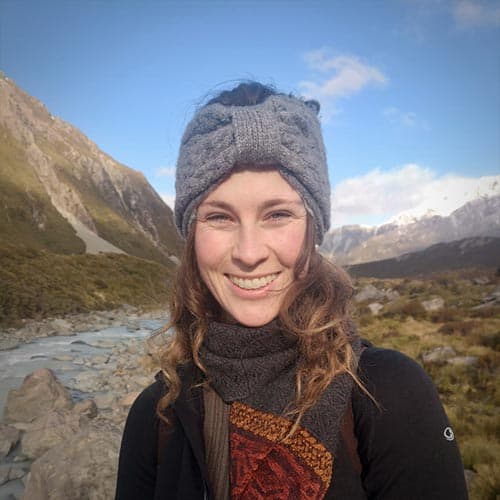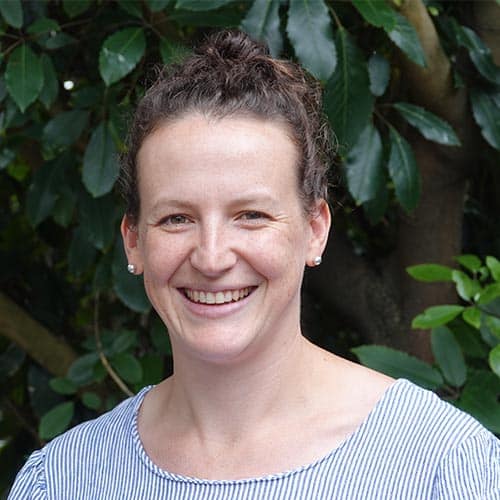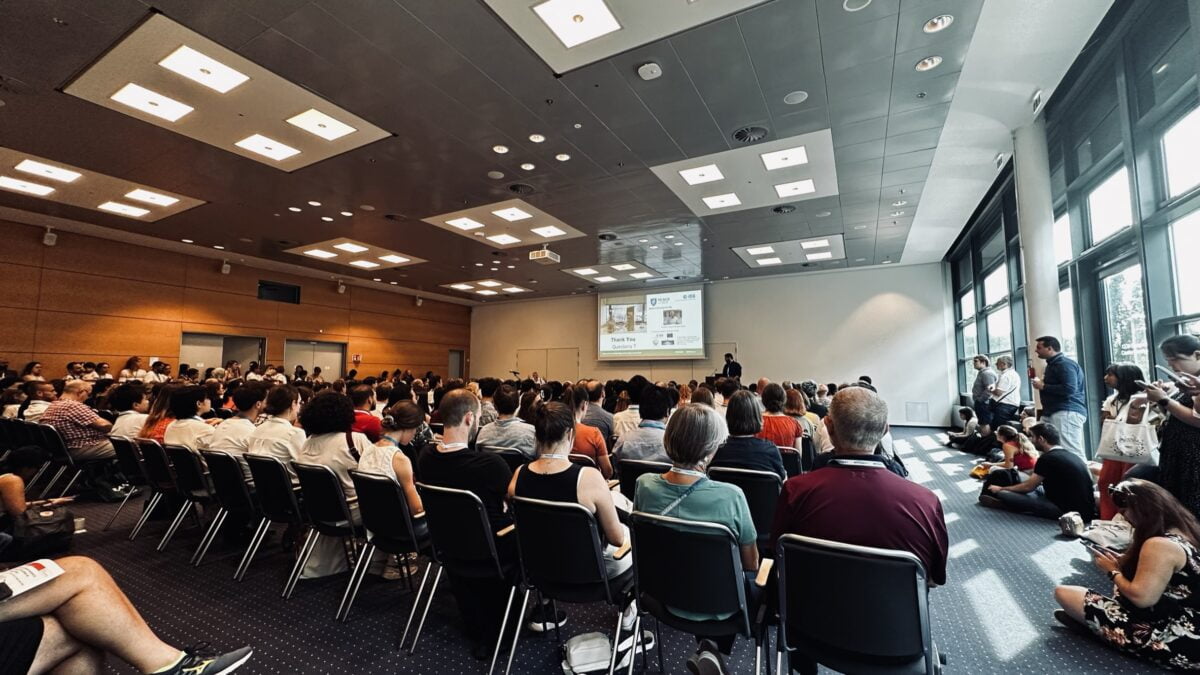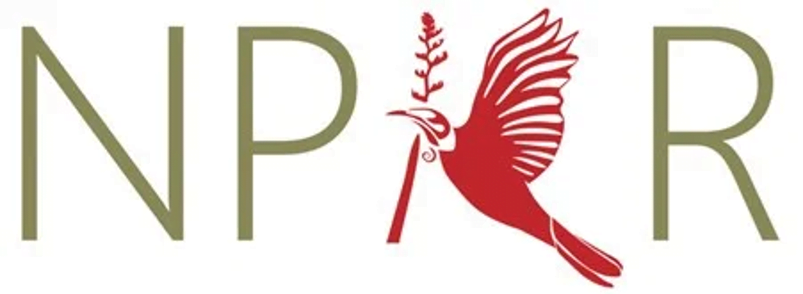Ngā Pī Ka Rere – Early Careers Network was established in 2019. From its inception, the focus has been on advocating for and supporting early career aspirations within the Challenge. Ngā Pī Ka Rere is currently being co-led by Symon Palmer (Ngāi Te Rangi; Te Herenga Waka – Victoria University of Wellington), Aisling Rayne (Cawthron Institute), and Helen Warburton (University of Canterbury).



The job of the co-leads is to maintain the network of early career people who are affiliated with the Challenge, provide communications directly to early careers, and organise workshops to support skill development.
“We are also working on a research article about early career people in the Challenge that will hopefully be useful to funders and future research projects,” says Symon, a researcher based at Te Kawa a Māui School of Māori Studies at Te Herenga Waka.
This research project has involved identifying the demographic breakdown of the Challenge and identifying the benefits and/or disadvantages with being involved with BioHeritage from an early career perspective. They hope to be publishing a paper on this research soon.
“There is actually FTE provided for our roles as co-leads,” says Aisling, a social scientist at Cawthron. “This enables us to do so much more than just whatever we can squish into weekends.”
The team expanded their roles to include bespoke grant administration in late 2022. This came about because, in addition to funding the co-lead roles, BioHeritage also provided the team with an operational budget.
“Symon and Aisling and I were thinking last year, what’s the most useful thing we can do with our time, capacity and funding?” says Helen, a freshwater ecologist and one of the initial founders of the network. “We decided that we’d like spend it on supporting other early career people.”
When the team approached the Challenge’s leadership and support group to ask if they could use their operational budget for a small number of grants, they were met with enthusiastic support… and even more funding to support early career research successes.
“Suddenly we went from having quite a small budget to having a large chunk of money to offer up, which was really incredible,” says Helen.
Their goal from the outset was to keep the grants broad so that people could apply for funding for whatever they really needed at that stage in their careers. To date, they have supported 18 grants. These grants have funded conference attendance, paper writing, and even equipment.
“It has been inspiring to see the range of applicants and projects people are involved with,” says Symon.
Some of their recipients have been previously profiled in “Ngā Pī Ka Rere spotlights”. For example, Jaynie Yang and Aspen Berry were two of the writing/publication recipients. Corey Ruha received funding to extend the duration of his role with Eco-index. And Josie Mainwaring, whose profile is featured in the current newsletter, was one of the recipients to receive funding to attend a conference.

The Ngā Pī Ka Rere team have seen enablement and positivity come from these grants.
“It can be quite challenging to find money when you are early in your career and might not have access to the same opportunities as senior people in the research system,” says Aisling . “Having a fund that’s readily accessible with a low barrier to applying and receiving support is empowering.”
Jenny Leonard
